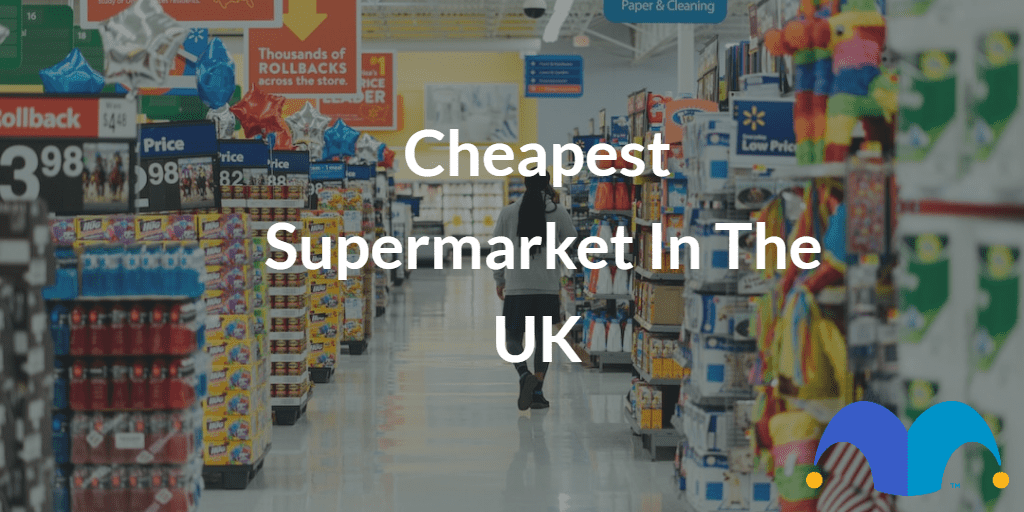With food prices increasing rapidly during 2021, it’s tough for families on a tight budget. But, what is the cheapest supermarket in the UK?
Here, I take a look at how prices compare between supermarkets. I also investigate why Lidl and Aldi are so cheap and how to save money if you can’t get everything you need in the discount supermarkets.
What’s the cheapest supermarket?
According to the latest research by Which?, Lidl is the cheapest supermarket in the UK. Did you guess right? In August 2021, Which? compared a basket of 23 common grocery items and found that it cost £24.11 in Lidl, whereas Aldi charged 43p more at £24.54.
Amongst the bigger supermarket chains, Asda’s basket was the cheapest at £25.22, and Waitrose charged the most at £33.20. That means that a basket of goods cost 38% more at Waitrose than at Lidl. That’s a huge difference for someone on a tight budget!
Why are Lidl and Aldi so cheap?
So, how do Lidl and Aldi keep their prices so low? Well, it’s mainly due to the way they’ve set up their businesses.
Traditional supermarkets stock a large range of different products and brands. This is very expensive as they need to have warehouse space and shelf room for several types of each product. They also need huge distribution centres and big stores to stock a wide range of products. Customers spend a long time doing their weekly shop because the stores are so big, so these supermarkets need big car parks too!
In contrast, Aldi and Lidl have much smaller product ranges. You may not be able to buy your favourite type of fizzy drink or pizza, but the options available will be cheaper. This means that distribution centres, stores and car parks can be much smaller, reducing running costs. And that’s why these two are always vying to be the cheapest supermarket.
What’s the best way to use Lidl and Aldi?
You may find that it’s not possible to shop in Lidl or Aldi for all of your shopping. You might not be able to find everything you need because they stock a limited range. For example, I need to buy gluten-free bread and breakfast cereals for my daughter, and it’s not always practical to go to two separate shops every week.
Here are some of the ways I’ve found to keep my food bill down when I can’t shop in the cheapest supermarket:
- Focus on the value ranges – they’re often just as nice as premium choices. For example, I think Tesco’s budget Grower’s Harvest porridge oats taste better than the more expensive brands.
- Shop online – it’s easy to grab extra snacks when you wander around a store. In fact, shops deliberately place those tempting items at the ends of the aisles to encourage us to spend more. I’ve found that shopping online helps me to limit those impulse purchases and stick to my list.
- Use your freezer and store cupboard – if you have space, then it can be great to shop in Aldi or Lidl every so often to stock up on the basics. Lidl is amazing for cleaning products, and I really like to shop in Aldi for frozen food. You can then stock up and then do smaller weekly shops in Tesco or Asda.
